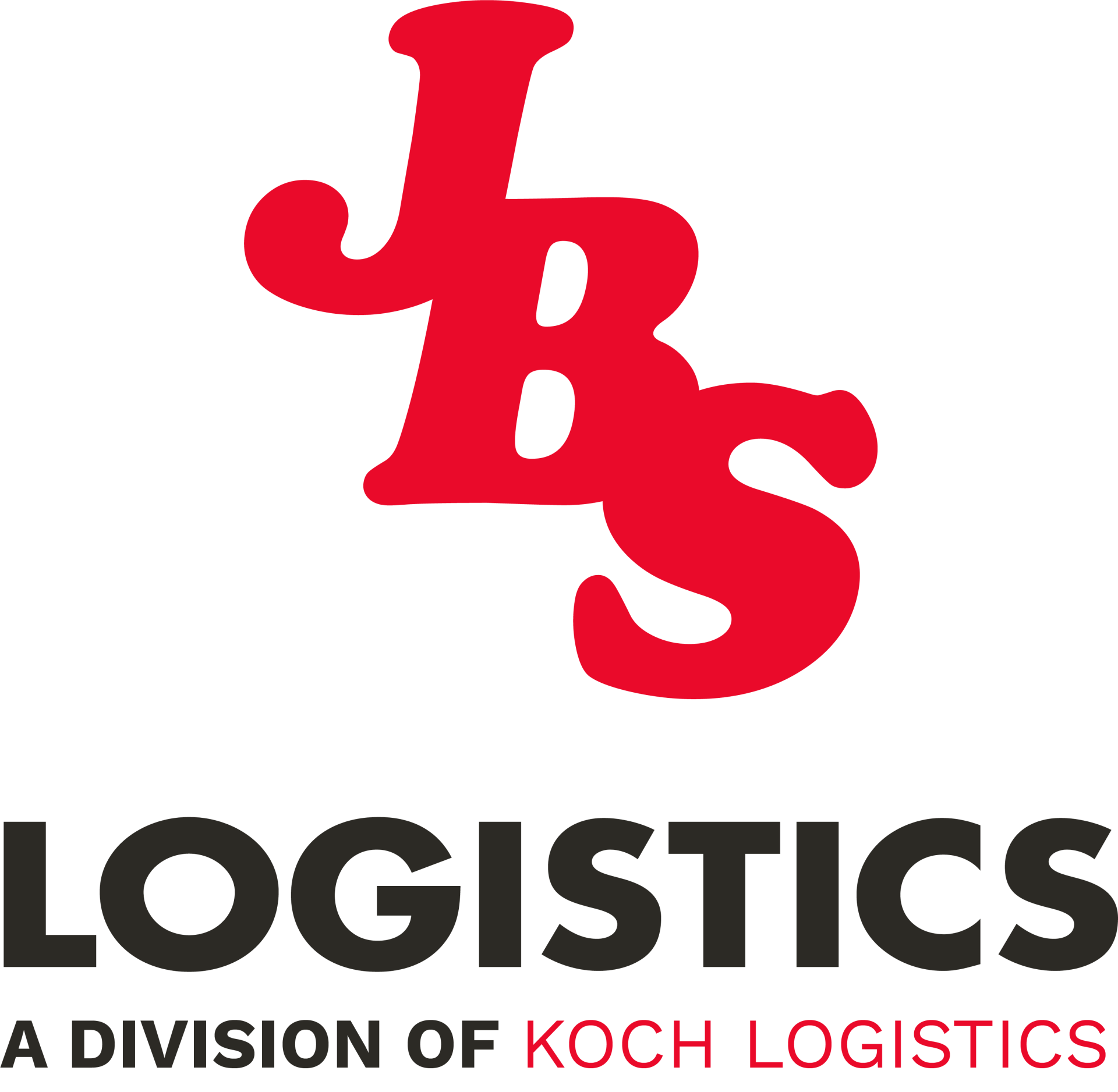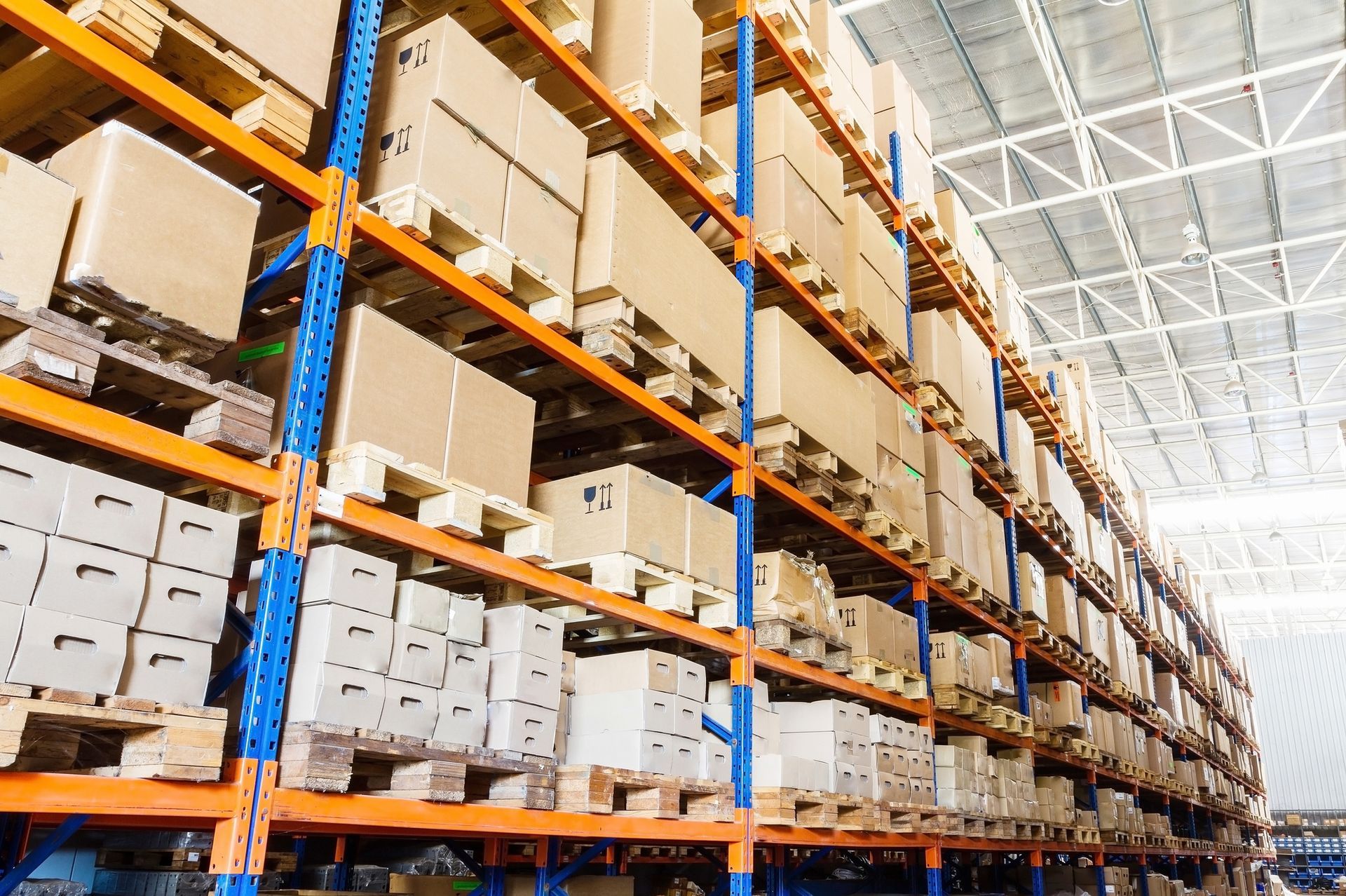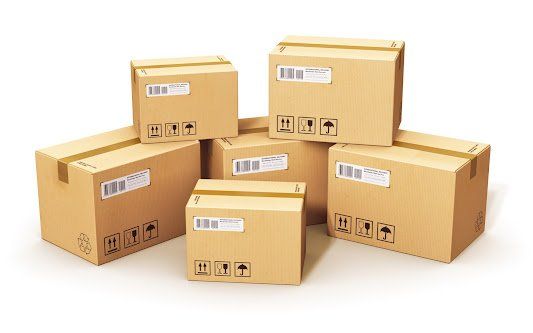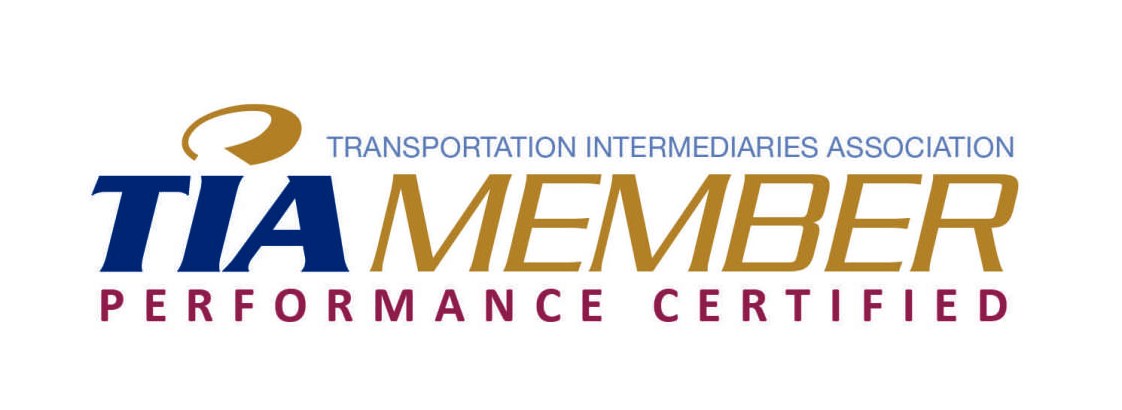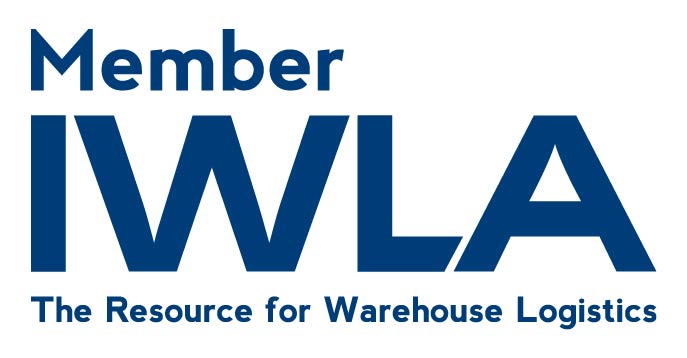JBS LOGISTICS HAS RE-BRANDED AS
KOCH LOGISTICS

This site will re-direct to
www.kochlogistics.com after Jan 1, 2025

Bills of Lading - What They Are and How They Help Shippers

Small businesses new to the world of shipping must learn a lot in a short period in order to minimize problems and maximize the speed and safety of their shipments. One of the things every small shipper should learn is how a bill of lading protects them and their cargo.
What is a bill of lading? And what important details does it carry? Here's what you need to know.
What Is a Bill of Lading?
At its most basic, a bill of lading is a document that stipulates the contract between you and a shipping service for the transport of a set of goods. The bill of lading travels with the physical goods throughout their time in the shipping chain, providing a set of references and instructions. It is used by the shipper, the carrier, customs agents, intermediate carriers and services, and the receiver.
Different types of bills of lading exist for different services. These include ocean bills of lading (for ocean freight), air waybills (for air transportation), straight bills of lading (for prepaid shipments), claused bills of lading (when shipment deviations are involved), and to-order bills of lading (when payment for goods has not been made). A shipper may encounter one or many of these, depending on their shipments.
What Information is on a Bill of Lading?
Bills of lading vary depending on the needs of the countries involved, the shipper, and the goods. Generally, though, they contain the following specific items:
- Date
- Where the shipment comes from
- Where the shipment is going
- Who will be billed for the shipment
- Carrier information
- Freight load identification data
- Terms of payment
- Special instructions, such as where the driver will pick up
Each party to the shipment should examine the bill of lading to ensure the accuracy and completeness of all these pieces of information. Even the most basic parts of this document could result in big problems if there are mistakes prior to the load leaving your company.
How Can a Bill of Lading Help You?
So, how does the bill of lading benefit your business?
First, it serves as verification of what you have hired the shipping service to do and how. This is your receipt, of sorts, from the shipping carriers, and it serves as backup documentation. The billing addresses and terms prevent surprise bills later on, for instance.
As the load moves to other destinations, the bill of lading also makes clear how many units should arrive safely and in good condition. If the bill of lading says that four pallets of goods are being shipped, everyone can confirm that four have arrived. This document is vital proof should anything happen to the shipment or if damage to the goods occurs.
The bill of lading also serves as proof of ownership, or a title, for the goods involved. "FOB destination" shipments are generally considered the responsibility of the shipper until the goods arrive at the receiver's door. Therefore, they remain the shipper's property and the shipper is the one to make any claims or request any changes.
Where Can You Learn More About Bills of Lading?
Clearly, a bill of lading is an important part of the puzzle to get right. The safe arrival of your goods depends on it. To learn more about bills of lading for your particular goods or travel routes, start by meeting with an experienced logistical service in your area.
JBS Logistics has provided shipping services for more than 35 years. Our team of transportation pros can help you learn everything you need to know about bills of lading and how they help you avoid unwanted surprises. Call today to learn more.
Main Number: 800-877-3953 | Customer Service: 630-672-7546 | Accounts Payable: 630-672-7542
If are a new carrier and wish to register with us contact us via phone at 1-800-877-3953
2043 Corporate Lane, Naperville, Illinois 60563
Phone Number: 800-877-3953
Customer Service: 630-672-7546
Accounts Payable:
630-672-7542
Headquarters: 2043 Corporate Lane Naperville, Illinois 60563
Content, including images, displayed on this website is protected by copyright laws. Downloading, republication, retransmission or reproduction of content on this website is strictly prohibited.
Website Terms & Conditions •
Privacy Policy
